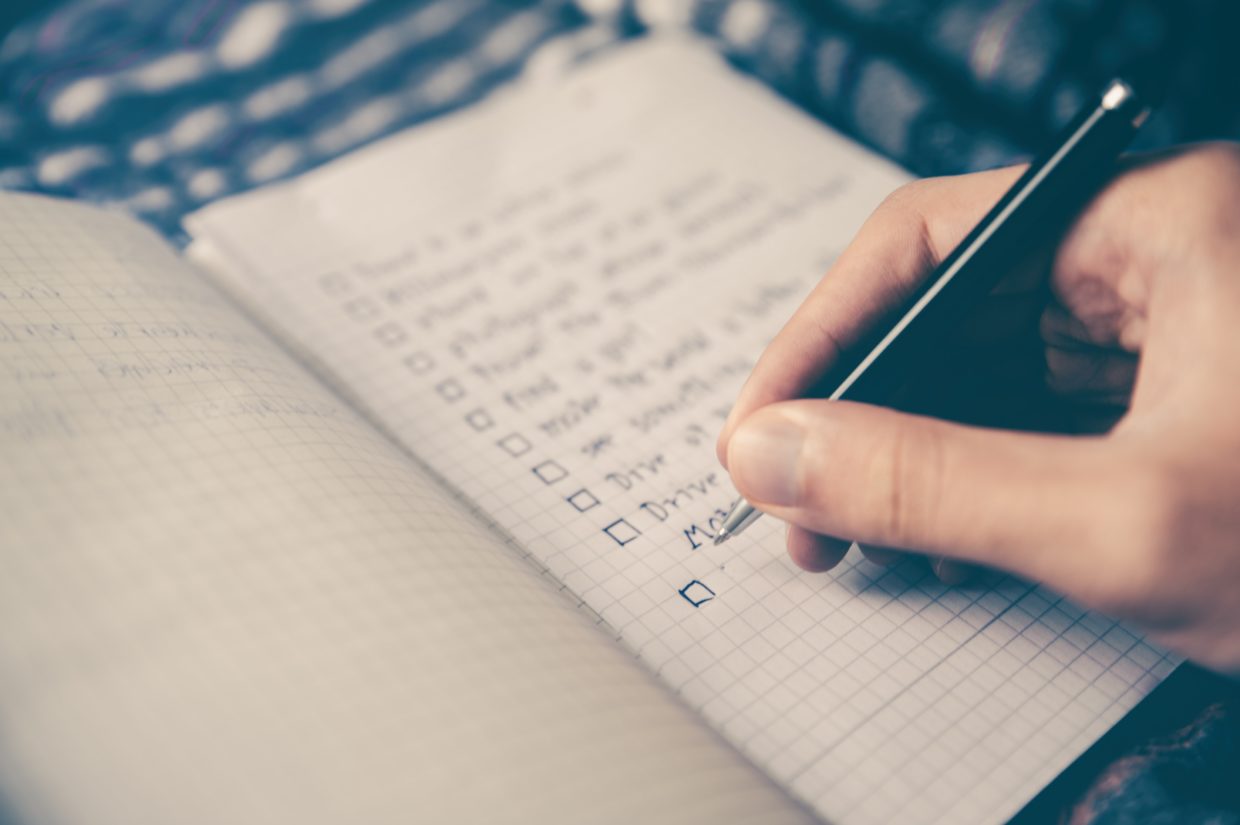For this weeks topic, I decided to focus on the aspect of hope for the best, prepare for the worst. There have been many ups and downs with my off-roading journey so far, and I’d like to document some of the negative experiences we have had, not always the positive!
First and foremost, it’s important that you are prepared for anything that can happen. This can be as simple as having food and water with you. When we plan a day off-roading, we always make sure we have a lunch and plenty of snacks and drinks, a blanket, extra clothes, a first aid kit and usually a lighter too. You never know what could happen. There are so many stories of people who decided to go out on the trail for a day, and didn’t make it back home until a few days later. Bringing supplies for your basic needs for survival is pretty important. You could get stuck really bad and not see anyone for a while!
The next thing is pretty obvious, but often one of the things that is most forgotten! This is having a full tank of fuel, and I’d even suggest having a few jerry cans of fuel as well. You could end up going into a trail a lot further than you originally planned, so making sure you have enough fuel to get there is super important. Watch this YouTube video below, which I have inserted at a marked time, until 3:10. He talks about how he had enough fuel in his tank, but leaned up on an obstacle for a while which caused the tank to run out of fuel. Having back up gas is a great idea!
Next up is having recovery gear. A lot of times, beginner off-roaders might not even think of having recovery gear with them. This could include a winch, straps, shackles, or a tire deflator/inflator. I remember one time we are out on the trail, and we came across someone who was stuck and couldn’t get out. Luckily we had a winch with us, and were able to get them out. Every time we go out, we have a sort of check list that we make sure to load into the truck. This is our winch (which is bolted to the front bumper so we always have it), portable tire inflator, a tire deflator, a gauge, shackles (to hold things), straps/tree savers (to tow things, wrap around a tree for winching, or to throw over the winch line for safety), and a shovel and a saw (if theres a rock or tree in the way). Below is the same video, just a different time. He mentions a few of the “bare bones” items he always brings with him.
Lastly, I think it’s always important to bring a map and a radio. You never know what could happen or where you could end up, so having a map can be a life saver in some scenarios. In one of my previous posts, I talked about how to use a map. It’s probably pretty important that you learn how to read and use a map before you will have to! When we go out with a group of friends, we always bring a radio with us. Usually, there isn’t any cell service, so having a way to communicate with each other without having to stop every 5 minutes is a great idea. This is also a great idea if you have a more skookum radio that is able to transmit a lot further. If you get stuck somewherea nd you’re alone, havinga way to call for help when theres no service is a pretty great idea! Below, I have attached a link and an image to this particularly awesome radio. It is a satellite/GPS operated device, so it can track your location, and also allows you to call for help like search and rescue. It’s pretty expensive ($700 USD!), but it’s definitely on the list of things we’d like to get for off-roading!
That’s about all I have for this list. It’s just important to be prepared for making repairs. If you expect the unexpected and plan for the worst, usually everything will be okay! It’s only when you aren’t prepared or ready for any situation that things can go awry.

